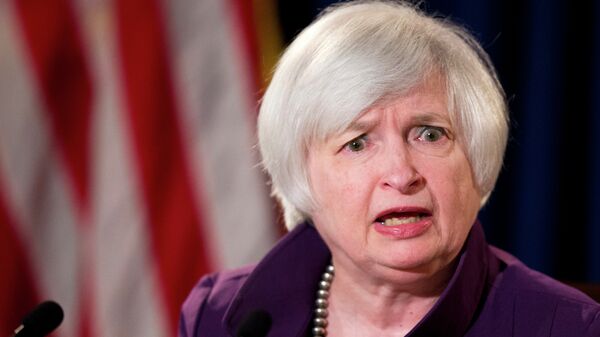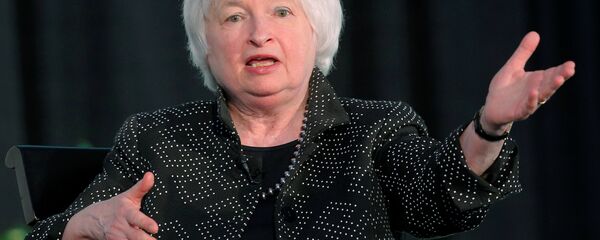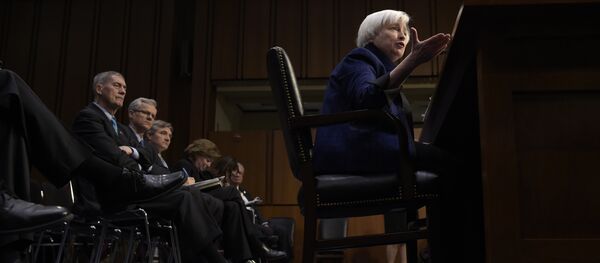Her approach to monetary policy would remain data-dependent, she argued, regardless of the timing and scale of the Treasury’s fiscal stimulus effort, meaning the interaction between the two regulators would likely remain macroprudential and aimed at fostering economic growth based off actual fundamental indicators.
Yellen noted that an increased US budget spending will not necessarily put additional upward pressure on the Fed’s interest rates. However, she also remarked that if the Treasury’s fiscal stimulus propels inflation above targets, the Fed will have to react by rising rates.
“Only if we think that it is demand-based and threatens our inflation objective,” Yellen said, the Fed will raise base borrowing costs. “There are policy measures that Congress and the administration could consider that would boost the capacity of the U.S. economy,” she added.
Indeed, with only roughly 62pc of the working-age US population currently in the workforce, the issue of the labor supply is quite acute, whilst low productivity in another problem. US salaries and wages have been stagnant for nearly two decades, yet, any increase in minimum wage, for example, would only further impair productivity. That said, labor efficiency is dismal low, and the main challenge that the Trump administration is facing is creating market-competitive jobs outside of the traditional or currently hot sectors of the economy.
Boosting spending on new projects, therefore, would be a good idea, and it would fall in line with Yellen’s view of the economy. The newly-appointed Treasury Secretary Steven Mnuchin is yet to layout his vision of the fiscal stimulus.
Based on what Trump has already said regarding his tax and spending plan, it would accelerate domestic demand in the near-term – consumers will have more money at hand – whilst in the longer run, supply side of the economy will benefit due to the improved infrastructure and the projected acceleration in domestic manufacturing. All this, however, will not solve the issues of low productivity and labor participation.
“If you get a demand-side response and the supply-side response is lagged, how do you think about policy?” Timothy Adams of the Institute of International Finance in Washington. “If the stronger demand leads to higher inflation, do you try to look through that believing at some point the supply side will respond?”
Higher domestic inflation and higher imports tariffs would make US businesses believe they could increase their share of the US consumer market, and boost output. Tax cuts would also help improve business confidence. However, the quality of goods and services offered to the US consumer might suffer as low labor efficiency and projected gains in wages could undermine worker motivation to perfect their skills. Subsequently, US consumers could grow irritated, entailing a slump on the demand-side. A supply-side disaster in the shape of an overproduction crisis would lead to a massive recession somewhere in 2018-2020, also coinciding with a cyclical economic slump, and Trump would be to blame.
Meanwhile, any steps to increase labor participation would further depress labor productivity, unless new jobs are created in highly-competitive areas.
To this, Trump might actually have a valid answer – one of his electoral pledges was to make “American energy great again,” including coal; the coal industry has been in permanent dismay since the 1980s. Bringing it back could indeed boost productivity – but in the energy sector only, which is doing quite well already in terms of this particular indicator.
Shifting the broader economy towards a more sustainable and productive footing would be a tougher challenge. Many jobs in lower-competitive sectors would have to actually be eliminated or see cuts in worker compensation. This would be a risky and unpopular, but necessary move. The new administration’s pledge to “make America great again” is not deemed possible without across-the-board improvements in labor productivity. Managing that, and also trying to strike a proper balance between demand-side and supply-side would require more thorough planning from both the Fed and the Treasury – which, in the light of Yellen’s recent remarks, is quite possible.






